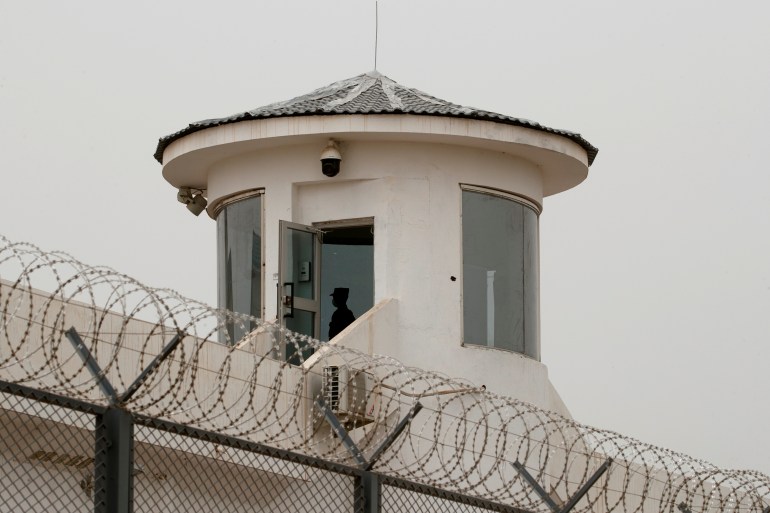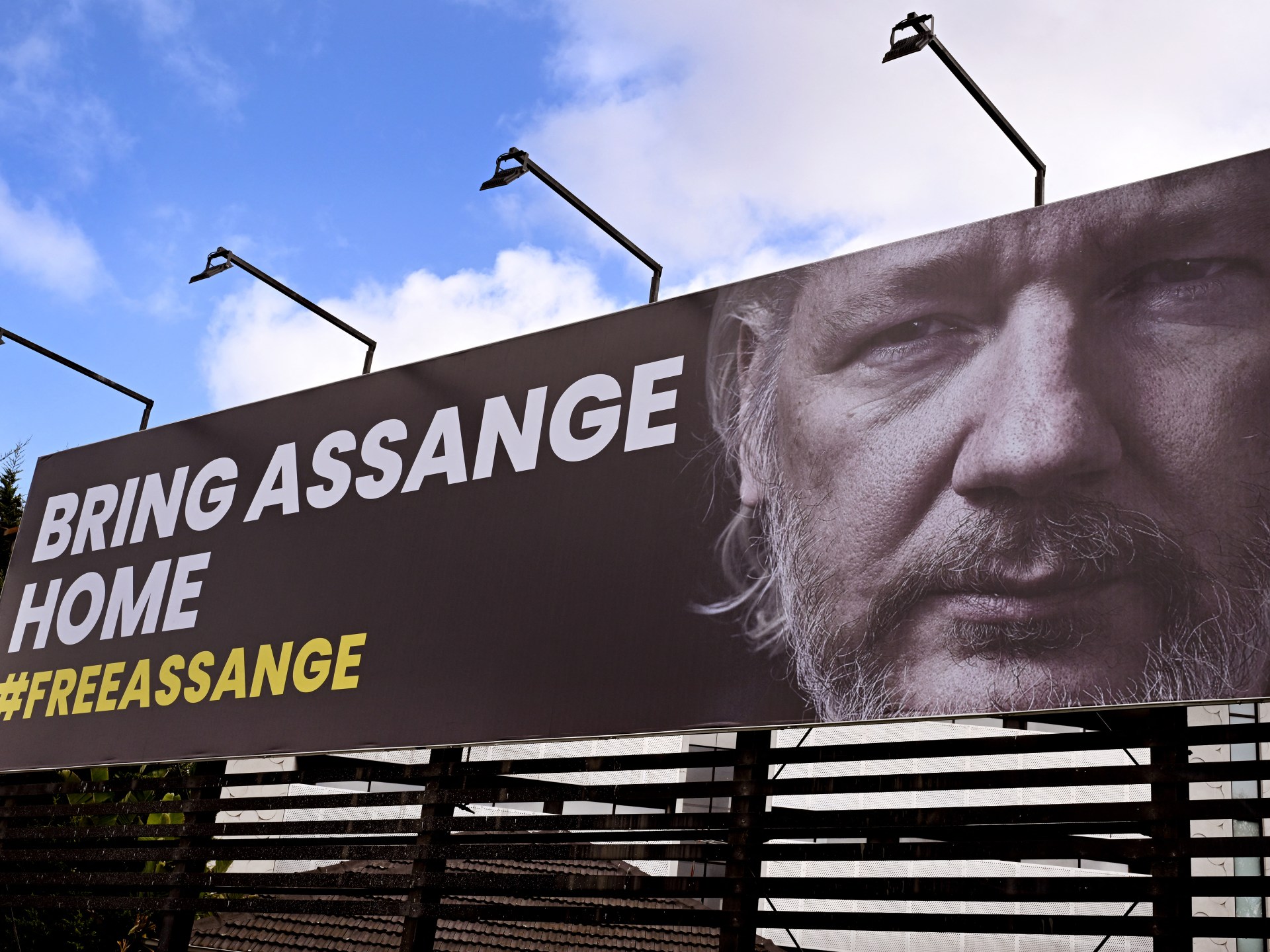Taipei, Taiwan – Leading automakers, including General Motors, Toyota, Volkswagen, Tesla and BYD, are at high risk of using aluminum produced using forced labor in China’s Xinjiang province, according to a report by Human Rights Watch (HRW).
China is the world’s largest automaker and the largest producer of aluminum, which is used in tires, windshield wipers, electric vehicle (EV) batteries and other automotive parts.
Up to a fifth of China’s aluminum is produced from smelters in Xinjiang, where human rights groups estimate more than a million ethnic minority Muslims live Subjected to internment and other ill-treatment, including forced labor and forced sterilization.
HRW said in its report that automakers are doing little to track their supply chains in China and in some cases have given in to pressure from the Chinese government to apply weaker sourcing standards in their Chinese joint ventures than in their global operations.
“Most companies have done too little to map their aluminum parts supply chains and identify and address potential links to Xinjiang,” the rights group said in its 99-page report released Thursday.
“Confronted with an opaque aluminum industry and the threat of retaliation from the Chinese government over investigations of links to Xinjiang, automakers are in many cases unaware of the extent of their exposure to forced labor.” Consumers should therefore have little confidence that they are buying vehicles in Xinjiang buy and drive that are free from abuse.”
China has been accused of carrying out an aggressive program of forced assimilation against Uyghurs and other ethnic minority Muslims for more than a decade, which has resulted in the internment of more than a million people in so-called “vocational training centers” in Beijing.
China has denied committing human rights abuses in the region and insisted its programs targeting ethnic minority Muslims have reduced radicalization and terrorism.

HRW said in its report that “credible evidence,” including articles in Chinese state media, company reports and government statements, suggests that aluminum producers in Xinjiang participate in state-backed labor transfer programs.
While countries including the United States have banned products made in Xinjiang, it can be difficult to trace materials such as aluminum, the New York-based rights group said.
Xinjiang aluminum often comes in the form of ingots that can be melted down with other materials to form an aluminum alloy, making its origin easy to disguise.
Michael Dunne, CEO of Dunne Insights and an expert on the Chinese automotive industry, said mapping supply chains in China can be an extremely difficult task.
“Supply chains for automakers in China lie somewhere on the spectrum between exceptionally Byzantine and an iron black box,” Dunne told Al Jazeera. “It’s like counting to infinity – you might make progress, but you’ll never get there.”
HRW said automakers should do more to map their supply chains or put pressure on their joint partners in China to do the same.
HRW said Volkswagen responded to queries saying the carmaker had “no transparency about supplier relationships” with its joint venture partners in China.
HRW said General Motors, Toyota and BYD did not respond to queries, but General Motors noted in its annual report the difficulty of tracing its Chinese supply chain.
Tesla, which does not work with a joint venture, said it had traced its supply chain to the mining level “in several cases” and found no evidence of forced labor, but did not provide further details, according to HRW.
The five automakers did not respond to Al Jazeera’s requests for comment.
Duncan Jepsen, a supply chain expert and British-trained lawyer, said tracing supply chains was a matter of cost and the will of manufacturers.
“It can be difficult for an NGO to track a supply chain in China. Elsewhere in China, for a large, well-capitalized automaker with no financial resources… I think the answer is that it may be expensive. But it’s not that hard,” Jepsen told Al Jazeera.
“And that’s really the crux of the problem…It’s challenging and difficult and almost impossible if you don’t want to spend anything on it,” he added.
China’s huge market also gives the country influence over car manufacturers.
According to HRW, China is not only the world’s largest vehicle manufacturer, but also the largest market for vehicle sales – with 23.5 million vehicles sold in 2022 compared to 13.6 million in the US.
“That’s the catch they have: It’s not a country they necessarily want to leave,” Jepsen said.
“So if they want to achieve their market penetration, how car manufacturers deal with this will be a big strategic decision. And it will be interesting to watch.”





Recent Comments